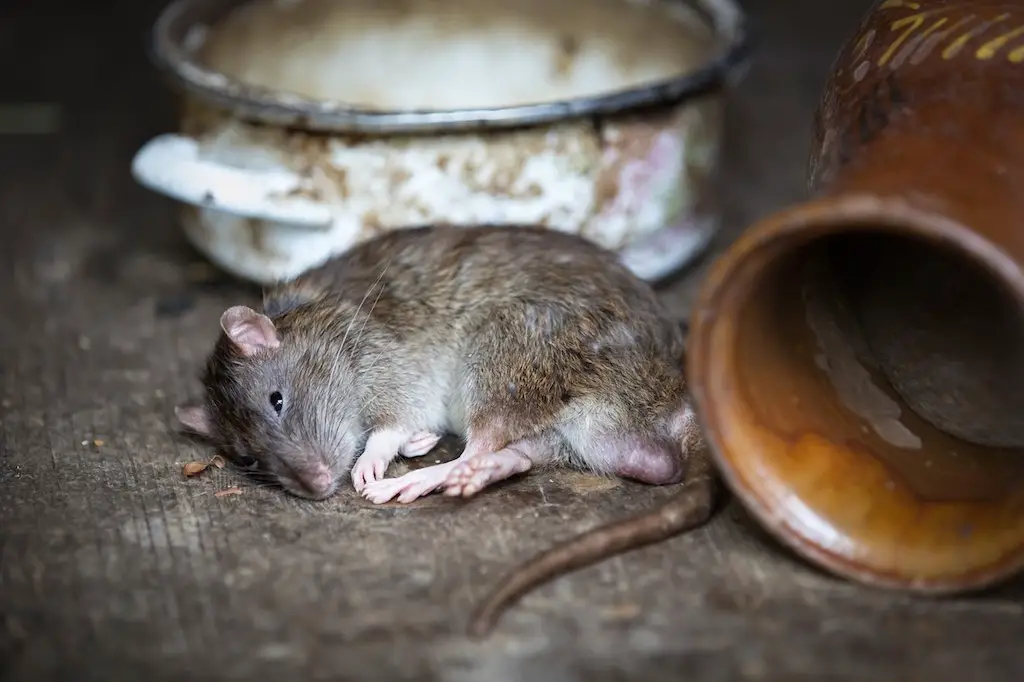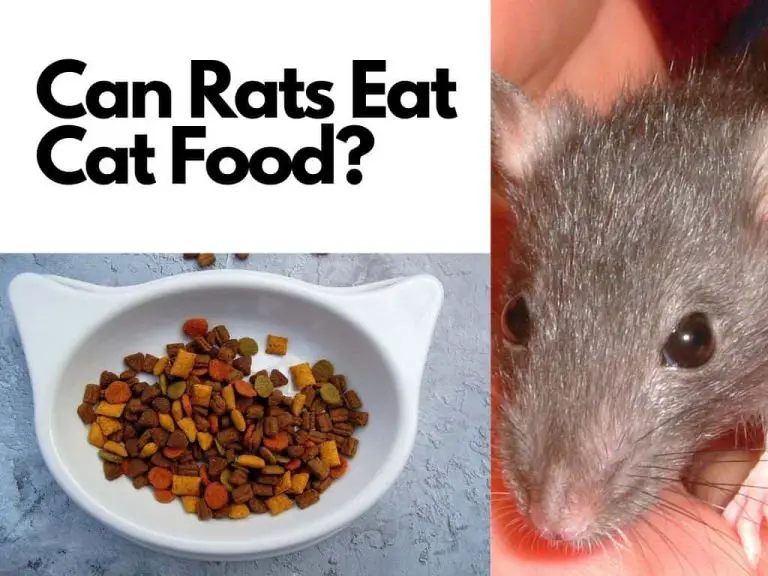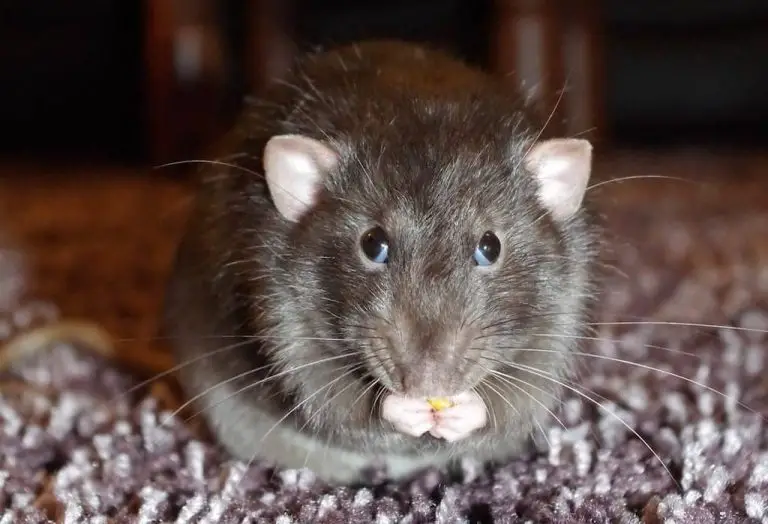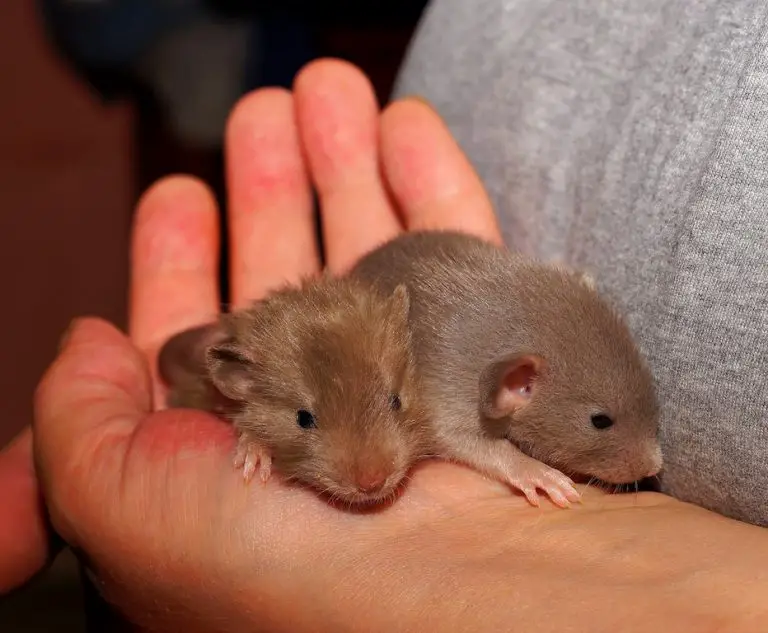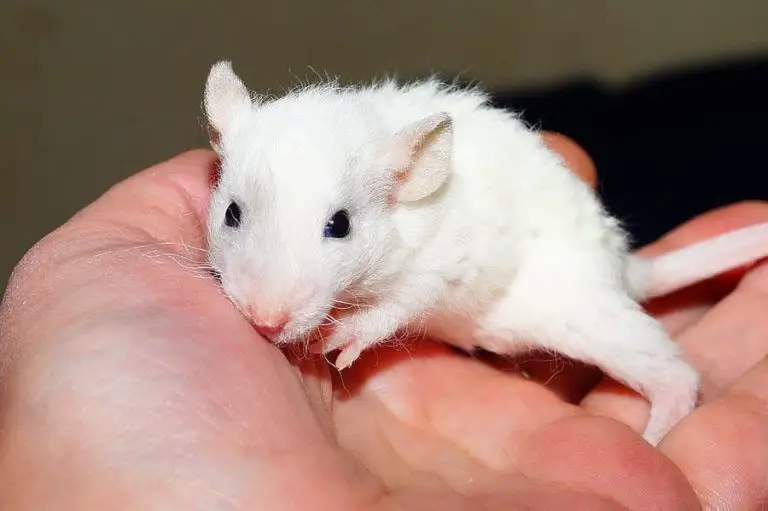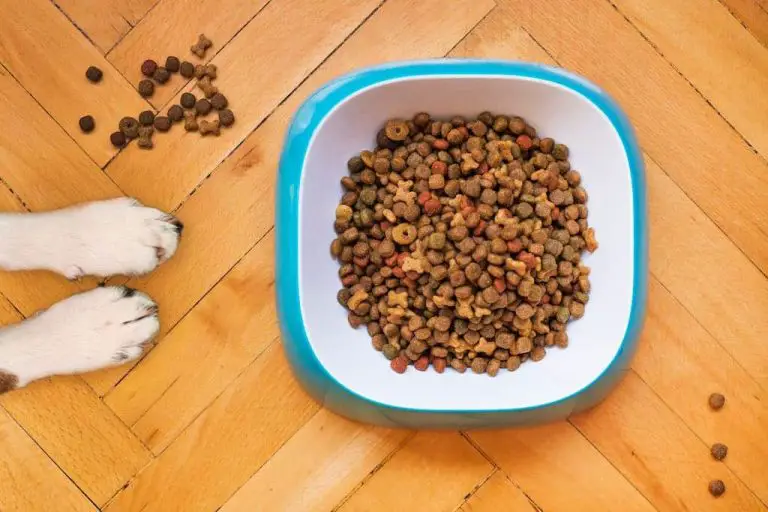How to Tell if Your Pet Rat is Dying
Owning a rat is a fulfilling and exciting experience that unfortunately comes to an end far too soon. With a lifespan of only one to two years, I have learned to stay vigilant for any signs that my pet rats are getting sick. Once you know the tell-tale signs of death, you’ll be able to get your pet to the vet sooner.
There are several signs your rat is sick or dying. They include:
- Lethargy
- Changes in their personality
- Tension or pain
- They make strange new sounds
- Matted and disheveled fur
- Discharge
To me, my pets are family, so I never want to see them in pain. By keeping a watchful eye and performing regular check-ups, I have been able to preempt some hairy situations. Unfortunately, though, one of the sadder sides to being a pet owner is having to say goodbye. Be ready for these signs and you will hopefully know what to do when the time comes.
An Unresponsive, Inactive and Constantly Fatigued Rat
Rats are not large animals, so it can sometimes be hard to see signs that they are not doing well. Nonetheless, that doesn’t make them much different from you or me. When I get sick, I want to rest and recoup my energy, and my rats are the same. You will know your rat is feeling poorly when it
- Does not want to exercise
- Stays in bed all-day
- Seems to be in “off” mode
Rats are usually full of energy, wanting to run, explore, and play, so if you notice that your rat seems exhausted, this is a sign that something could be wrong.
Changes in Their Personality
Aside from a general lack of energy, a dying rat will act differently than when it is healthy. When I am sick, I get cranky, don’t want to eat, and struggle to remember things. A rat is no different. Both a vigorous appetite and a friendly disposition are two of the traits a healthy rat should display. If your rat is suddenly acting differently, it may be dying. Look for these changes:
- An abrupt loss of appetite—If your rat has suddenly gone off its food, this is a bad sign. It hints at potential internal diseases keeping your pet from enjoying its meal.
- Aggressiveness—If your rat seems to be lashing out when you try to play, it could be in a lot of pain and not want to be handled.
- Confusion or disorientation—Rats are prone to nervous disorders and epilepsy. If your rat struggles to stand up straight or is stumbling, it could have a tumor, a seizure, or even a stroke.
If your rat starts to show any of these changes, it is time to speak with a qualified rodent specialist.
Exhibits Tension or Pain
I know what you are thinking, “How can I tell if my rat is in pain?” It may seem difficult at first, but rats will give off clear signs when they are uncomfortable or in pain. Just as you or I would grimace when hurt, rats do so in their own ways. Pay attention to any signs of severe pain in your pet rat:
- Sucking in their sides—If you ever see your rat sucking in its sides, as if holding in a breathe, your rat is most likely in a lot of pain and could be close to death. Side sucking is a sign of respiratory distress, broken bones, or even organ failure.
- Hunching or leaning—When rats are in pain, they hunch up their backs, just like humans.
- Tension in their mouth—If your rat seems to be biting down hard or has its whiskers pulled back towards its ears, this is a sign that your rat is in pain.
- Limping—Again, rats are not so different from humans when hurt. If your rat is limping, it likely has a damaged leg and will need immediate veterinary attention.
Pain can be a sign of simple minor injuries as well as fatal internal problems, so it is best to have your pet rat inspected if you suspect any pain.
Makes Strange New Sounds
The longer I have owned a pet rat, the more I have come to understand the sounds they make. While rats are generally quiet animals, they do sometimes make little peeps out of protest or when they want something. These are normal sounds. However, if you start hearing any of the following sounds from your rat, it’s a sign that something is very wrong:
- Long screeches—A long scream or screech is the most obvious sound your pet rat will make if something is wrong. This indicates that your rat is in pain and needs immediate help.
- Wheezing—Wheezing, bubbling, or gurgling sounds mean that your rat is having trouble breathing and could have a serious respiratory infection. If left for too long, your rat may die from asphyxiation.
- Sneezing—When humans have a cold or respiratory infection, they sneeze. The same goes for rats. While a sneezing fit may not mean that your rat is on the brink of death, it is a sign of infection and you should seek out medicine to stop the infection from spreading.
A good rule of thumb is if your pet is making abnormal or pained sounds, something is awry and you should prepare for a visit to the vet.
Matted and Disheveled Fur
A rat’s fur tells you a lot about it. Normally, short-haired rats groom themselves to have well-kempt and glossy fur. However, a dying rat will not have the energy nor the will to take care of itself as it does when healthy. Stay alert for
- Fluffed or matted fur—A disheveled appearance hints that your pet is not feeling well enough to groom itself.
- Patches of missing fur—Missing patches likely mean that your rat has been infested with mites or fleas and has scratched away its fur. Missing fur can also be a sign of rashes such as mange or an infected lesion in their skin.
- Puffed or raised hackles—Another reason why your pet rat may look disheveled is if they have puffed up or raised hackles. Rats often do so when they are afraid, in danger, or pain. If there is nothing to put your rat on edge, raised hackles likely mean your pet is feeling very poorly.
Matted and disheveled fur, especially if combined with other symptoms such as lethargy, is a tell-tale sign that your rat could be about to die. Gently and carefully prompt them into a carrier and take them to the vet as soon as possible.
Discharge From the Eyes or Nose
Possibly the scariest sign of illness and death I have ever seen in a pet rat is discharge. It is truly worrisome when your beloved little friend appears to have blood coming from its eyes. Take some comfort knowing that this discharge is not truly blood, though. It is a lubricating solution called “porphyrin”.
Porphyrin discharge is normal in small amounts, but if your rat appears to be crying blood, this could indicate one or more fatal issues:
- Respiratory disease
- Cancerous tumors
- Nutritional deficiencies
- Eye infections
Be aware that if your rat has blood coming from its mouth or nose, this is NOT porphyrin and is an even worse sign that your rat could be on the brink of death. Take it to see a veterinarian as soon as possible.
Conclusion
Rats have been a beloved part of my family for years and I know it is never easy to say goodbye. If your furry friend is showing any of the symptoms I have discussed here, it may be time to do what is best for your pet and take it to the vet. While not all illnesses will mean death, follow this guide so you can be prepared for the worst.

